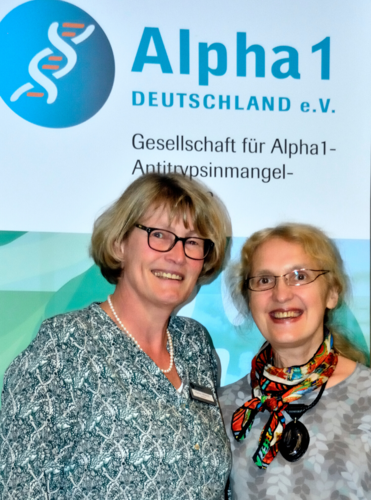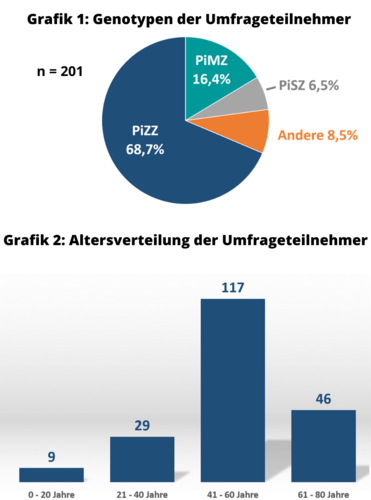The WHO report of 23 June shows that the current Coronavirus pandemic 2019 (COVID-19) has led to more than 8.8 million cases of infection and 465,740 deaths. Of these, Germany has registered a total of 190,359 cases of infection (about 0.25% of the total population) and in 8,885 people (4.7%) the disease has led to death.
According to the latest information, the majority of those people infected with COVID-19 have a low level of infection and recover well. Only a minority suffer from a more severe illness, whereby approximately 10% of cases have to be treated in intensive care and some patients die. We know that over 95% of the fatalities occur in people over the age of 60. We also know from reports that 8 out of 10 deaths occur in people with underlying medical conditions such as heart disease, diabetes, chronic pulmonary, liver and kidney disease, people with immunodeficiency and those taking immunodeficient medication (cancer treatment and extensive use of corticosteroids).
Other observations indicate that the susceptibility to COVID-19 may be associated with the genetic profile of the individual. For example, the susceptibility can be determined by the polymorphisms of receptors which the virus needs in order to invade the host cells, like the human angiotensin-converting enzyme 2 (ACE2) that is involved in the replication of the virus genome (H. Kai, M. Kai: Interactions of coronaviruses with ACE2, angiotensin II, and RAS inhibitors-lessons from available evidence and insights into COVID-19. Hypertens Res 2020, 43, 648-654). Thus, researchers surmise that a person’s susceptibility to COVID-19 can be linked to the function of the ACE2 receptors.
Similarly, inherited alpha1-antitrypsin deficiency (AATD), that is connected with an increased risk of liver and lung diseases, could increase the susceptibility to COVID-19. Interestingly, an earlier study supporting this idea in patients with severe acute respiratory syndrome (SARS) found a lower concentration and lower activity of antitrypsin compared to patients with non-SARS pneumonia. The authors of this work speculated that this decrease in antitrypsin was probably connected with the lung failure in these patients (Yi Ren et al. The use of proteomics in the discovery of serum biomarkers from patients with severe acute respiratory syndrome, Proteomics 2004, 4, 3477-3484).
In order to find out whether people with AATD are susceptible to COVID-19, we carried out this survey. As of 17 June 2020, we have received responses from 208 people with AATD in Germany and six from other countries. Of those who responded, there were six (3%) positive confirmations of COVID-19. One of them had been hospitalized, without having to receive artificial respiration. No deaths were reported. Since there is no screening for the general population for COVID-19, it is difficult to estimate and compare the true numbers of positive cases as a ratio of AATD to the general population. Our first data from the AATD survey , however, do not provide proof that people with AATD exhibit a higher susceptibility to COVID-19.
Further data from the survey
- 201 (96.6%) of the survey participants suffer from alpha-1-antitrypsin deficiency.
- The distribution of the genotype of these 201 participants can be found in Chart 1.
- Of these 201 people, 48.8% were substituted -> 98 persons.
- 118 of the participants are female (58.7%).
- The age distribution of the 201 participants can be seen in Chart 2.
- The majority of participants (79.1%) come from Germany, but Switzerland, Austria, Portugal, Belgium, Spain and Italy are also represented.
We then looked at everything in reverse, with the following results:
- Of the 6 people infected with COVID-19, 3 were PiZZ, 2 PiSZ and 1 rare mutation.
- Of the 6 people who stated that they had COVID-19, this was confirmed in 5 cases by medical testing.
- Only one infected person was substituted.
- 3 are female and 3 male.
- 1 person was aged 0-20, 3 people were aged 21-40 and 2 aged 41-60 years.
- Only 1 of those infected had been treated in hospital.
- None of the 5 confirmed COVID-19 patients had to undergo artificial respiration.
You may still take part in the survey on the internet site of Alpha1 Deutschland e.V..
Text: Janciauskiene/Wilkens
Photo: Janciauskiene

Marion Wilkens and Prof. Dr. Sabina Janciauskiene
